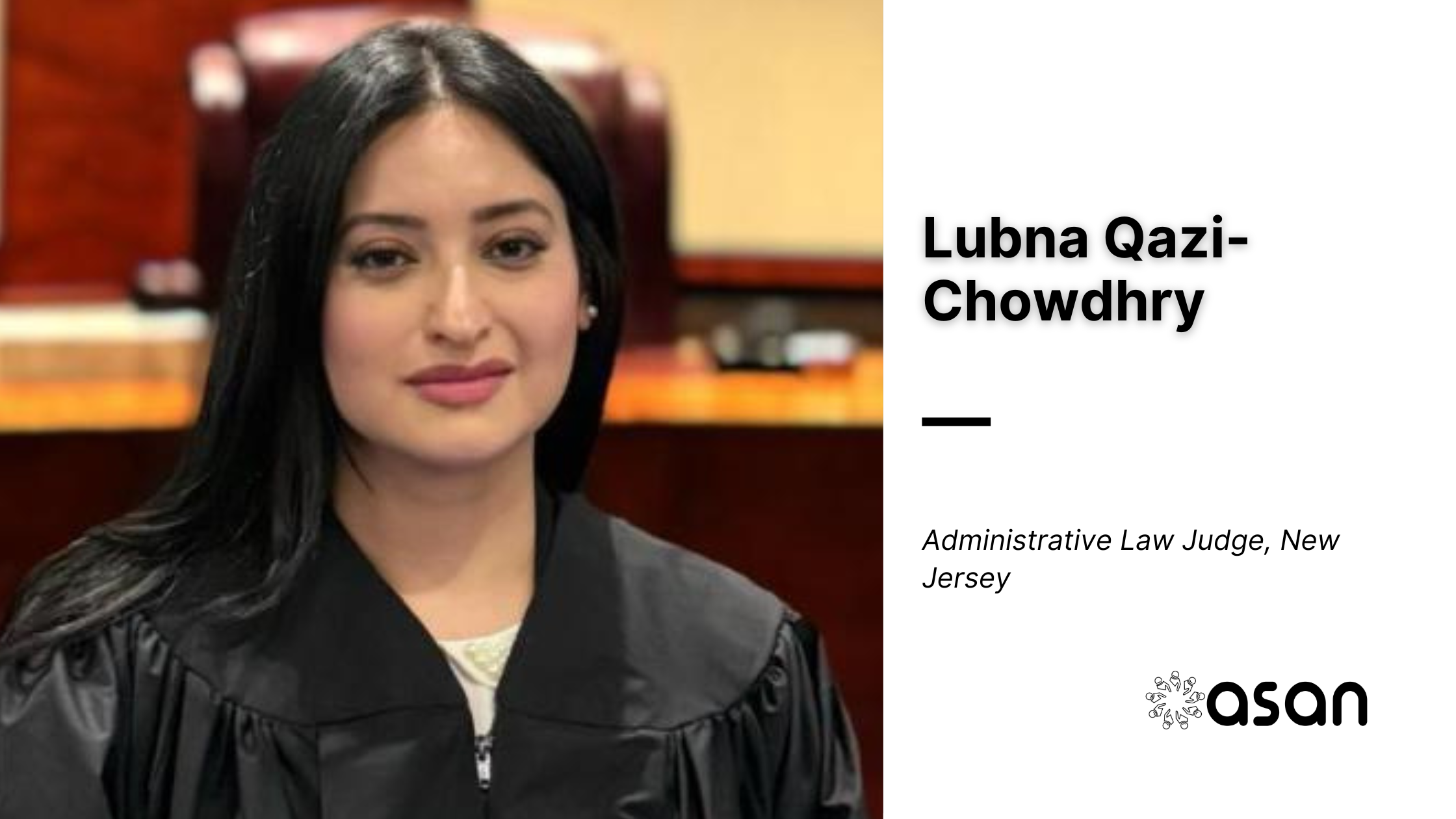In a historic moment for professional basketball and South Asian representation in U.S. sports, Sonia Raman has been named the head coach of the Seattle Storm, becoming the first person of Indian origin to hold a head-coaching position in the Women’s National Basketball Association (WNBA).
The Storm announced the appointment in late October 2025, marking a new era for the four-time WNBA champions. The decision reflects both the team’s ambition to rebuild after a transitional season and a growing movement toward inclusive leadership across American sports.
The historic appointment
Raman’s hire comes after the Storm chose not to renew the contract of former head coach Noelle Quinn following a first-round playoff exit. At 51, Raman steps into the top job with a reputation for discipline, strategic insight, and player development. Her path to this position has been anything but conventional – shaped by academia, persistence, and a lifelong commitment to basketball.
Born in the United States to Indian immigrant parents, Raman grew up balancing academics and athletics, eventually walking on to the women’s basketball team at Tufts University, where she earned her degree in international relations in 1996. After completing a law degree at Boston College in 2001, she realized her true calling was on the sidelines rather than in a courtroom.
Raman spent over a decade at the Massachusetts Institute of Technology (MIT), where she transformed the women’s basketball program into a model of consistency and competitiveness. During her tenure from 2008 to 2020, she became the winningest coach in program history and was twice named New England Women’s and Men’s Athletic Conference (NEWMAC) Coach of the Year. Her teams were known for their technical precision, defensive intensity, and academic excellence – all hallmarks of her coaching style.
Her success at MIT opened the door to the NBA, where in 2020 she joined the Memphis Grizzlies as an assistant coach, becoming the first Indian-American woman to serve in an on-court coaching role in the league. Most recently, Raman served as an assistant coach for the New York Liberty, one of the WNBA’s top teams, before being tapped by Seattle to lead its next chapter.
A milestone in Seattle
For the Seattle Storm, Raman’s appointment represents both a renewal and an evolution. The franchise, known for its strong culture and community engagement, has been recalibrating since the retirement of legendary players like Sue Bird and the transition to a younger roster. Raman is expected to bring a data-driven, player-first approach that blends her analytical background with years of collegiate and professional coaching experience.
“I’m honored to lead a team with such a rich legacy,” Raman said in a statement. “Seattle has long been a leader in women’s sports, and I look forward to building on that foundation with energy, integrity, and collaboration.”
Her arrival has been widely celebrated by players, fans, and the broader South Asian community. Social media lit up with congratulations from fellow coaches and leaders, many noting how her achievement opens doors for future generations who rarely see themselves represented in major American sports leadership roles.

Breaking barriers in basketball
Raman’s appointment is not just about one individual’s success; it reflects a broader shift in how talent pipelines are being reimagined. South Asian Americans, despite being one of the fastest-growing communities in the United States, remain significantly underrepresented in coaching, athletic administration, and professional sports management.
By rising to the top of one of the most competitive women’s leagues in the world, Raman has shattered an invisible ceiling – one that often excludes people of color, women of color in particular, from leadership in major athletics. Her journey underscores the growing recognition that expertise and excellence come from diverse backgrounds, and that representation at the top levels has the power to inspire participation at every level below.
Her story also mirrors a cultural turning point in both the NBA and WNBA. Over the past few years, leagues have emphasized inclusion in coaching hires and front-office positions. Raman’s unique path – from a college walk-on to MIT coach to NBA assistant – aligns with that broader push for equity and opportunity.
Why this matters now
For young South Asian Americans aspiring to careers in sports, Raman’s ascent offers both validation and motivation. It demonstrates that excellence in leadership can emerge from unexpected places, and that diversity enhances not only representation but also innovation and team success.
Her analytical mindset, shaped by years in academia and experience with professional organizations, aligns with the modern game’s shift toward data-driven decision-making. Her approach blends human connection with technical rigor – qualities that resonate in today’s evolving landscape of women’s basketball.
Beyond the court, Raman’s visibility amplifies conversations about inclusion in sports media, fan culture, and grassroots engagement. As more South Asian women enter sports management, broadcasting, and player development, figures like Raman become symbols of what’s possible – and reminders of how far the industry still has to go.
A leader ready for the next chapter
As she prepares for her debut season with the Storm, Raman inherits a promising roster that includes standout guard Jewell Loyd and rising young talent. Her challenge will be to reestablish the team as a championship contender while shaping a new identity rooted in teamwork and resilience.
If her track record is any indication, Raman will approach that task with discipline, intellect, and empathy — the same traits that defined her journey from an MIT gym to the national stage. Her appointment is more than a headline; it’s a signal of progress in both women’s sports and South Asian representation in American life.
Key Takeaways About Sonia Raman
- First person of Indian origin to become a head coach in WNBA history.
- Former MIT head coach (2008–2020), the winningest in program history.
- Served as assistant coach with the NBA’s Memphis Grizzlies and WNBA’s New York Liberty.
- Known for analytical, defense-focused, and player-development-oriented coaching.
- Her appointment marks a breakthrough for South Asian Americans in U.S. professional sports leadership.



